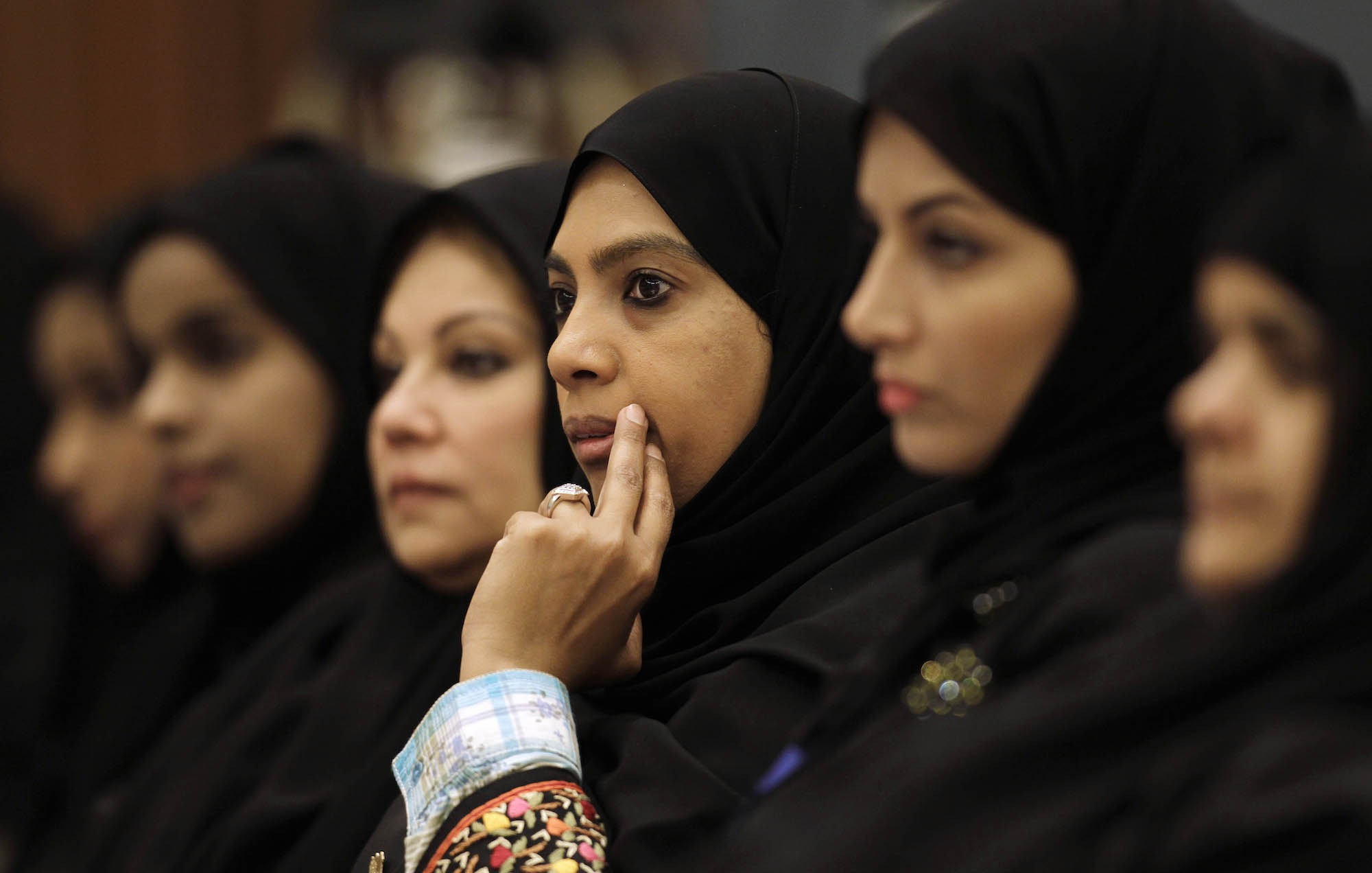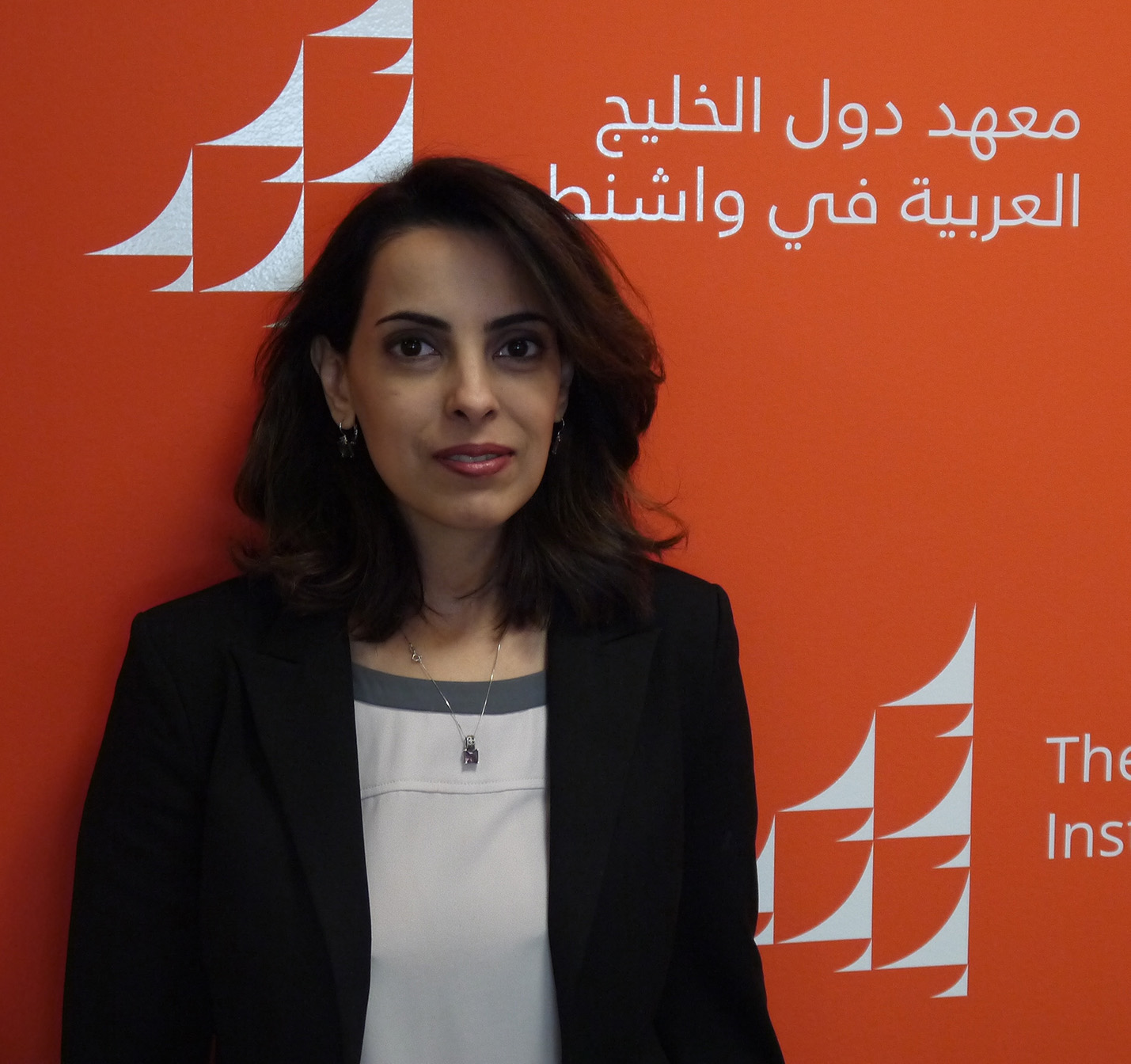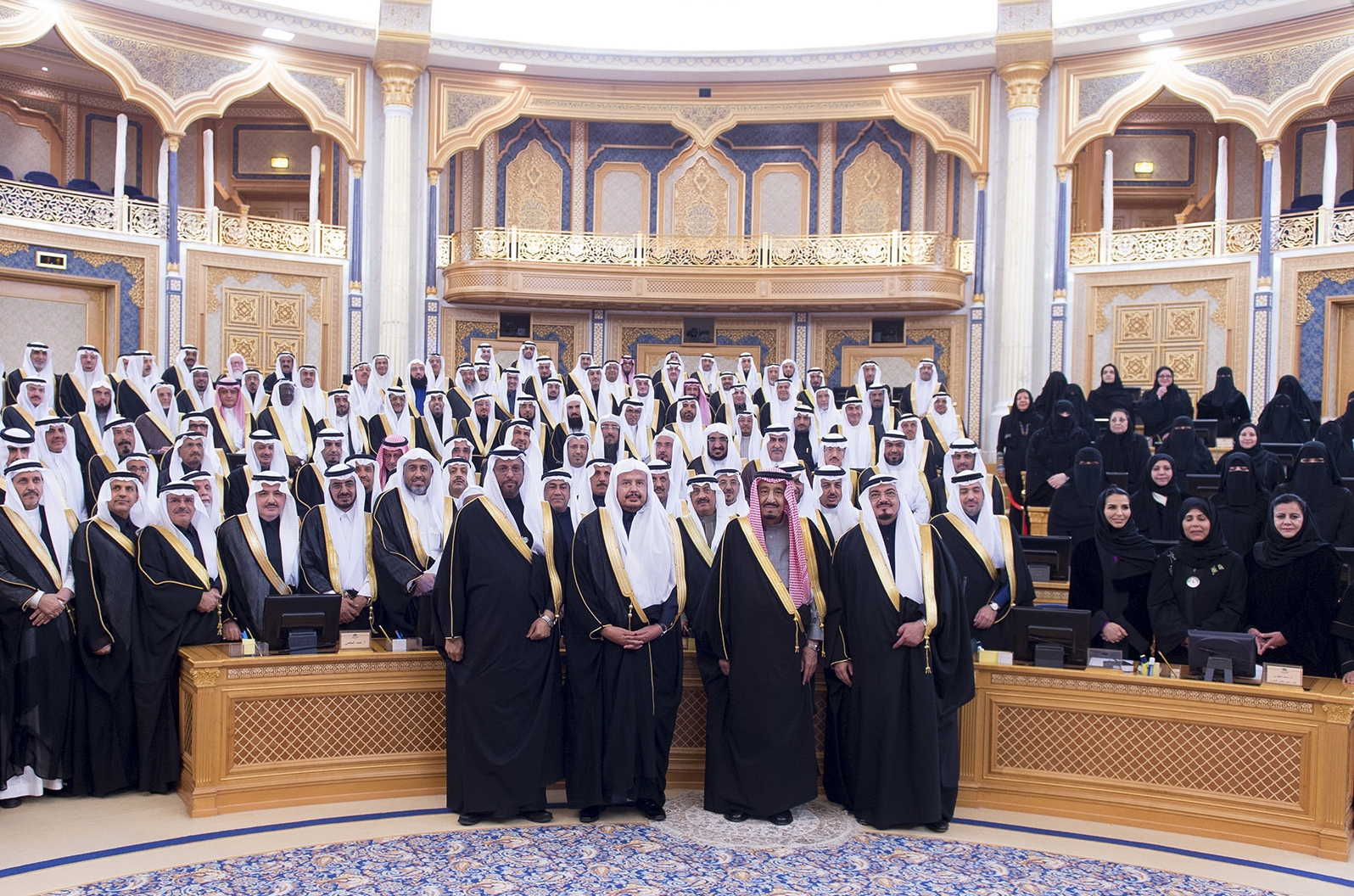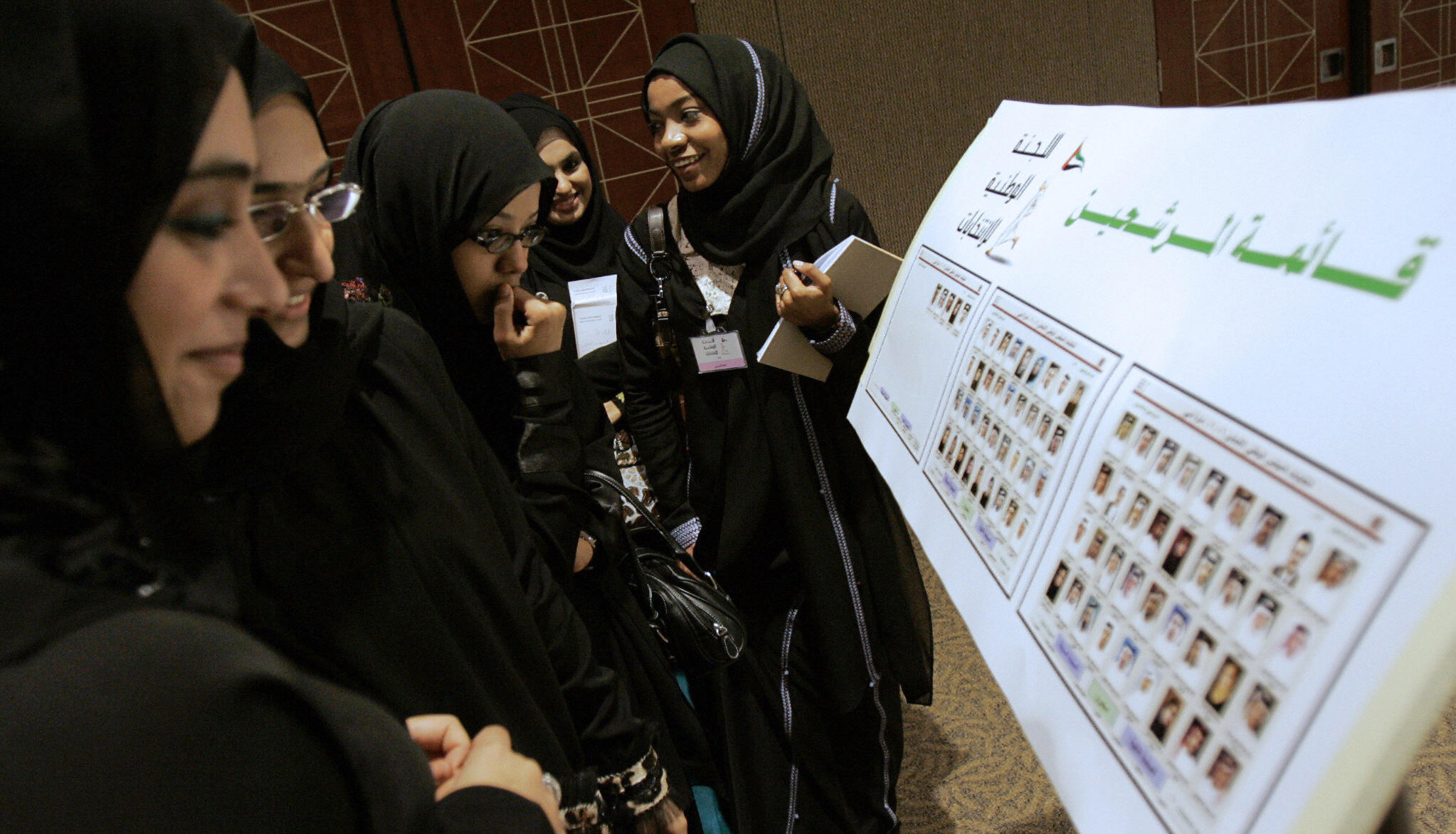The Effect of Gender Norms on Women’s Health in Saudi Arabia
This paper examines the impact of inadequate health education and preventative health measures on women’s reproductive and sexual health care as well as mental health care.

Executive Summary
Gender is one of the most significant determinants of women’s health. Gender norms influence not only the power relations of men and women inside the family, but laws, policies, and state institutions, all of which shape health care provision for women. Gendered health systems are characterized by differential treatment of women, both as consumers and providers of health, based on cultural or religious justification. This paper explores the influence of gender norms on women’s access to, as well as quality and outcomes of, health care in Saudi Arabia as reflected by health laws, regulations, and selective indicators of women’s health.
The paper examines the impact of inadequate health education and preventative health measures on women’s reproductive and sexual health care as well as mental health care. It also links the restrictions on women’s autonomy and mobility to women’s health in access to health care and emergency services, as well as protection from domestic violence and ability to afford publicly unavailable services. It explores the influence of religious norms on women’s health-seeking behavior, beliefs, and attitudes, particularly in the use of alternative medicine and female genital mutilation. It further explores the barriers in access caused by regulations promoting gender segregation as well as medical errors involving women. The paper examines the influence of gender norms on women health care providers by exploring women providers’ experiences and opportunities for leadership positions in the health system.
Additionally, the paper explores selected indicators of women’s mortality and morbidity in Saudi Arabia as a means to study the outcomes of the health system in addressing women’s health needs. Specifically, it conducts a review of women’s sexual and reproductive health, noncommunicable diseases, mental health, and geriatric care, as well as gender-based violence. The paper reveals important gaps in health education and promotion, sexual and reproductive health care, emergency services, physical and nutritional education and support, timely screening for breast cancer, and mental health service screening and provision. Finally, it presents recommendations for the health policy planners in Saudi Arabia to reduce the negative influence of gender norms on women’s health.
The views represented herein are the author's or speaker's own and do not necessarily reflect the views of AGSI, its staff, or its board of directors.










May 15, 2017
Saudi Arabia’s Post-Oil Future
The euphoria that accompanied the launch of “Saudi Vision 2030” has begun to dim in the face of fundamental challenges. Deputy Crown Prince Mohammed Bin Salman Bin Abdelaziz Al-Saud’s ambitious plan to steer the country’s economy away from oil dependency and through an era of austerity seemed to offer a much-needed roadmap for overdue reforms....
5 min read